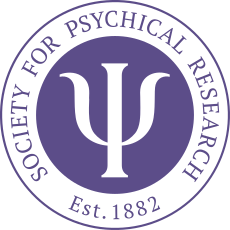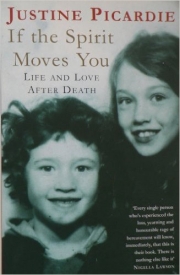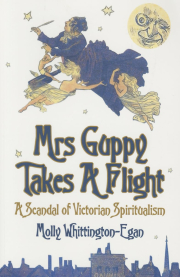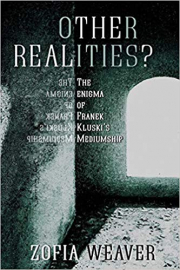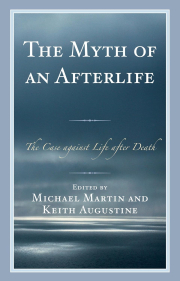From the publisher’s website: In Cosmic DNA at the Origin, systems scientist Chris H. Hardy, Ph.D., lays the foundations for a universe in which consciousness is the driving force of creation that we experience in our lives, and yet a hyperdimension of collective intelligence...all the way to the origin. This is a thought-provoking theory of the origin of the universe, called The Infinite Spiral Staircase Theory.
In a witty and well-informed style, Hardy takes us on a grand tour of the 5th dimension, black holes, the Zero Point and vacuum, and the hottest cosmologies, to show that adding this ISS hyperdimension of consciousness (interlaced with hyperspace and hypertime) not only is very consistent with most physics discoveries, but also explains why we are endowed with consciousness. Moving beyond the materialistic or random frameworks, Hardy weaves a new cosmological paradigm in which consciousness and matter evolve in synchrony, and a part of our being is hyperdimensional.
From the point of origin, an immense time before the first quantum, before particles and matter, space and time are born, this hyperdimension unfolds as a golden spiral driven by the phi ratio-an Infinite Spiral Staircase. It bears on its innumerable spires a boundless field of information issued from parent universes, that contains the imprint of all beings and worlds of many past experiments; and yet, this 'Cosmic DNA' is a field of potentials that is neither deterministic nor limiting for our own universe. Rather, it is a collective consciousness that will grow and choose its innumerable paths; it is the true dimension of our Selfs and individual consciousnesses. Readers aspiring at moving beyond the materialistic paradigm and willing to understand how the universe is a coherent whole, endowed with consciousness, will find this book extremely challenging.
Chris H. Hardy, Ph.D., is a ground-breaking theorist on consciousness and the new paradigm in physics. A cognitive systems scientist and former researcher at Princeton's Psychophysical Research laboratories, she has investigated nonlocal consciousness through systems theory, chaos theory, and her own Semantic Fields Theory. Author of many research papers and published books, including DNA of the Gods, The Sacred Network, she presents at international scientific conferences worldwide.
